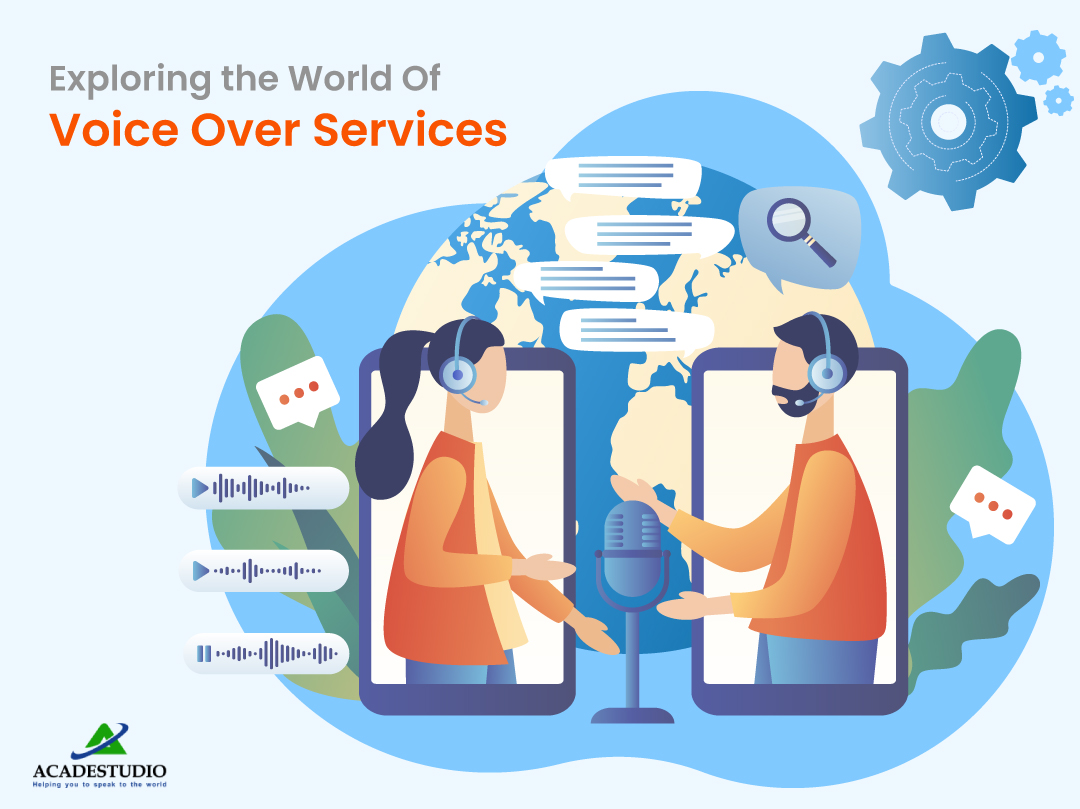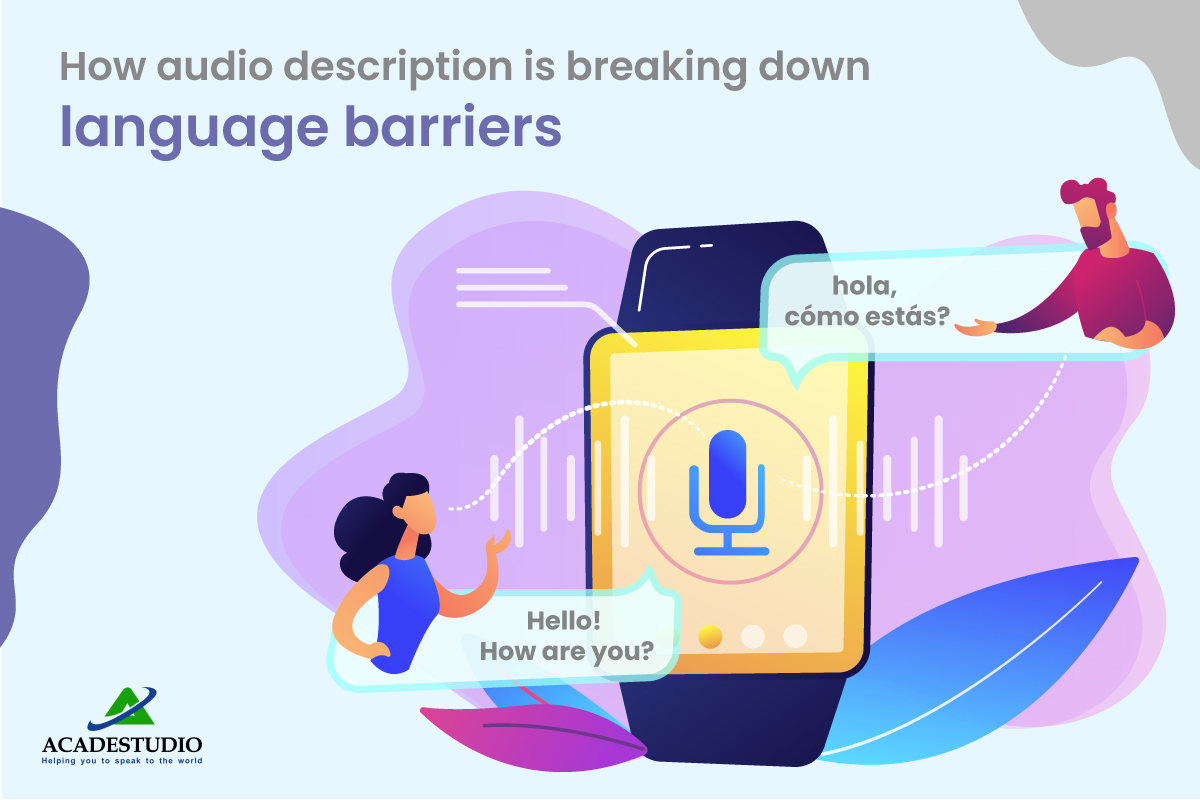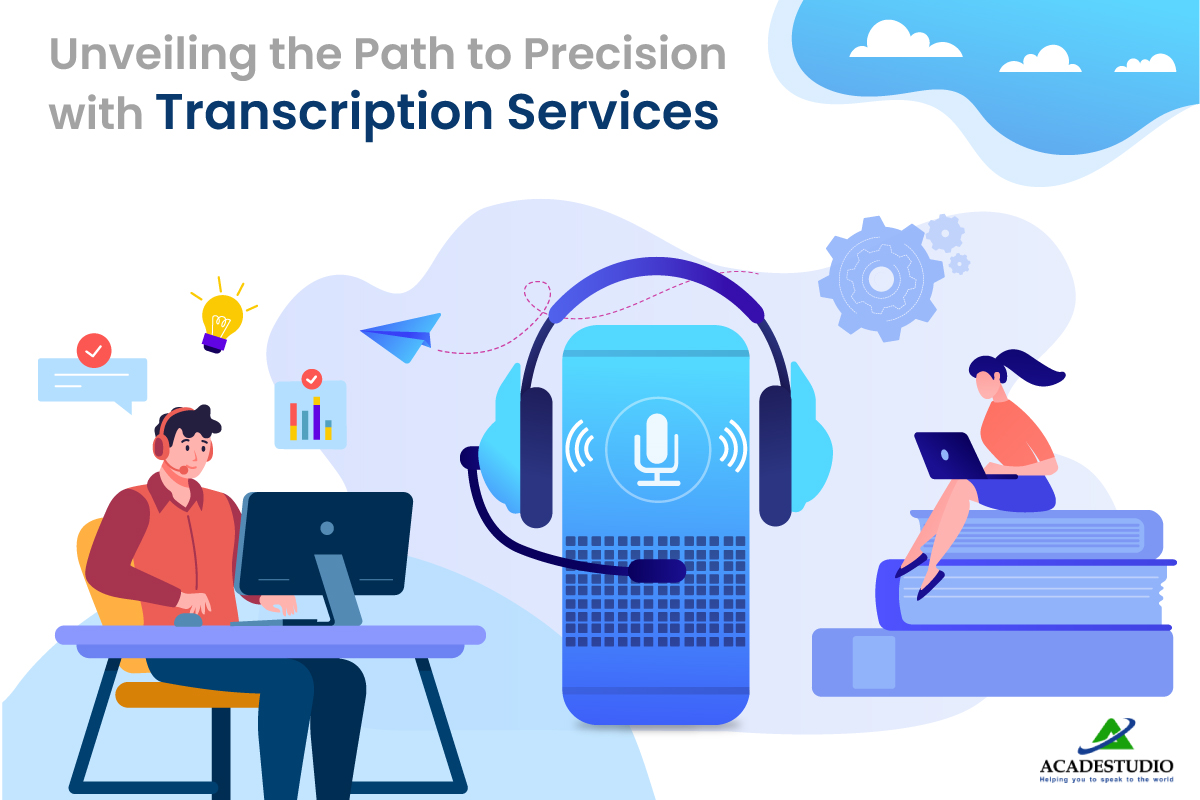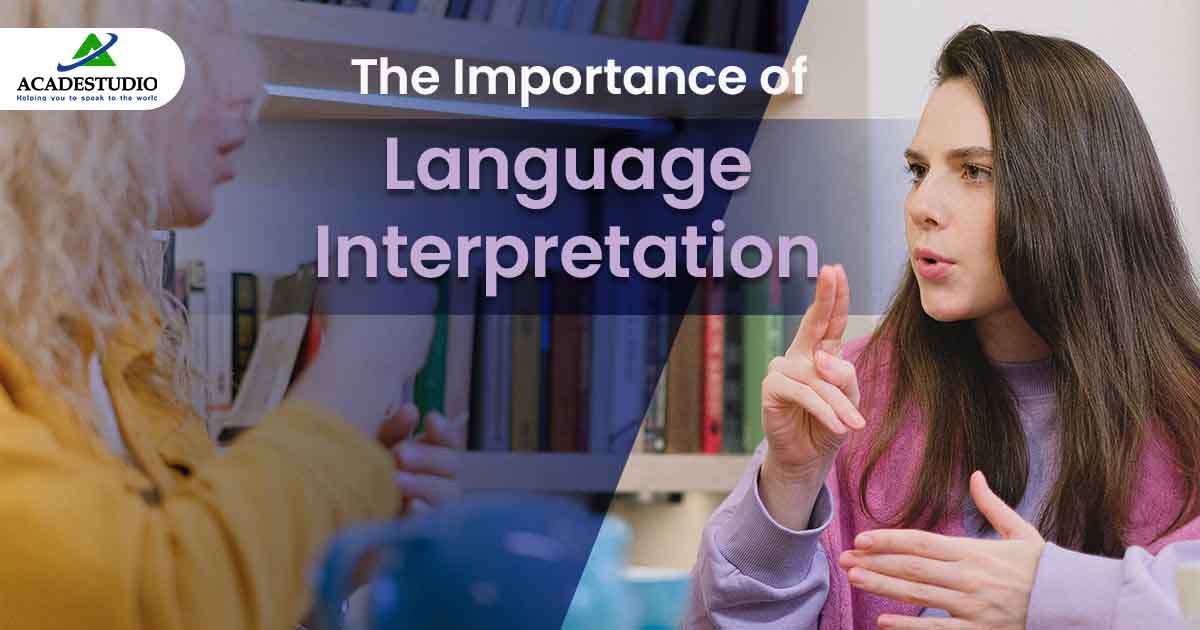In today's fast-paced world, communication is key to success,
and language barriers are a major obstacle. The translation industry has been
striving to bridge this gap for centuries. However, with the advancement of
technology, translation has become more efficient and accessible than ever. One
such technological innovation that has the potential to revolutionize the
translation industry is ChatGPT.
It is a cutting-edge language model developed by OpenAI that can
understand and produce human-like responses in multiple languages. Its unique
features have the potential to enhance and streamline the translation process.
Moreover, this powerful language model can accurately translate complex
sentences and technical jargon, making it an invaluable asset for businesses
and individuals.
In this post, we will explore the impact that ChatGPT could have
on the translation industry. We will delve into its capabilities, limitations,
and the benefits it could offer to language service providers, businesses, and
individuals. Let's explore how this technology could shape the future of
translation.
Capabilities of ChatGPT on
the Translation Industry
ChatGPT’s advanced natural language processing capabilities and
machine learning algorithms enable it to produce faster, more accurate, and
cost-effective translations. Following are some of the key capabilities that
are impacting the translation industry:
Natural Language Processing
It uses advanced natural language processing algorithms to
understand the context and nuances of language. Moreover, this allows it to
produce more accurate translations tailored to the client's needs.
Multilingual Translation
Easily translate content into multiple languages quickly and
accurately. Additionally, this feature is particularly useful for businesses
operating in a global market or for individuals who need to communicate with
people from different cultures.
Continuous Learning
Additionally, it can continuously learn and improve its
translation accuracy over time. It can be trained on large datasets to improve
its language understanding and produce more accurate translations.
Large-Scale Translation
Provides for the rapid and effective translation of vast amounts
of text, decreasing the time and expense associated with traditional
translation methods that rely on human translators. Furthermore, this
capability also makes it an excellent tool for translation service providers.
Multilingual Chatbots
Moreover, its Chatbots provide multilingual customer support,
improving customer satisfaction and reducing the workload on customer support
teams. Hence, this feature is particularly beneficial for businesses that
operate in multiple countries or regions.
Real-time Translation
It can be educated on industry-specific terms to translate
technical documents and specialized material more accurately. Additionally,
this functionality is especially helpful for companies that work in specialized
sectors like banking or healthcare.
Industry-Specific Terminology
It may be taught terminology relevant to a certain industry,
allowing it to translate technical texts and specialized information more
accurately. However, organizations that operate in specialized sectors like
healthcare or finance might benefit especially from this capability.
Improved Quality and Customer
Satisfaction
Translations' accuracy can significantly improve translation
quality for translation service providers, increasing customer satisfaction.
This can result in repeat business and positive referrals, ultimately
contributing to the growth and success of the business.
Benefits of ChatGPT for
Translation Services Providers
ChatGPT, an advanced natural language processing tool, is
revolutionizing the translation industry and offering numerous benefits to Certified Translation Service providers. Following are some of the key
advantages:
Multilingual Customer
Support
Firstly, it enables businesses to provide multilingual customer
support without hiring additional staff or outsourcing translation services.
Chatbots can respond instantly to customers in their native language, improving
customer satisfaction and reducing the workload on customer support teams.
Improved Communication
with International Customers
For businesses operating in a global market, it helps to improve
communication with international customers. In addition, the language model can
accurately translate marketing materials, product descriptions, and other
content into multiple languages, enabling businesses to reach a wider audience
and increase sales.
Scalability
ChatGPT can handle large-scale translation projects, making it a
powerful tool for translation service providers. Moreover, the language model's
ability to translate large volumes of content quickly and accurately enables
translation service providers to scale their services and handle more clients.
Hence, this means they can grow their business without sacrificing the quality
of their translations.
Enhanced Collaboration
with International Teams
It helps businesses to collaborate more effectively with
international teams. The language model can accurately translate messages and
other communications, enabling team members to communicate effectively and
collaborate on projects without needing a common language.
Improved Brand Image
Using it to provide multilingual customer support and accurate
translations can improve a business's brand image. Providing a seamless
experience for customers who speak different languages can enhance customer
satisfaction and increase brand loyalty.
Customization
It is easy to customize to meet the specific needs of
translation service providers. This means that they can train the model to
improve the accuracy of translations for specific industries, languages, or
types of content. This customization can help translation service providers to
provide more accurate translations and better meet the needs of their clients.
Limitations of ChatGPT on
Translation Business
While ChatGPT can potentially transform the translation
industry, its capabilities still have some limitations. Following are some of
the key limitations of the translation industry:
Lack of Cultural Context
Firstly, its translations may lack cultural context, resulting
in translations that may not accurately convey the intended meaning of the
original text. This limitation can impact the accuracy of translations in
situations where cultural nuance and context are critical.
Difficulty with Low-Resource Languages
It may also struggle with languages with limited resources and
data available for training the language model. However, this can impact the
accuracy and quality of translations for low-resource languages.
Difficulty with Technical Language
While ChatGPT can handle technical terminology to some extent,
it may struggle with highly specialized language specific to certain
industries. This limitation can impact the accuracy of technical documents and
specialized content translations.
Bias
Furthermore, its training data can contain biases that impact
the accuracy and quality of its translations. These biases can arise from the
sources of the training data or the algorithms used to train the model.
Lack of Human Touch
Its translations lack the human touch that can add nuance and context
to translations. This limitation can impact the quality of translations in
situations where cultural sensitivity and context are critical.
Summing Up
In
conclusion, ChatGPT has the potential to revolutionize the translation industry
by providing more accurate and efficient translations. As the language model
continues to improve and evolve, it will become an increasingly valuable tool
for translation service providers, enabling them to offer high-quality
translation services at a lower cost and faster turnaround time. While there
are some limitations to the technology, its benefits make it a promising
solution for translation service providers looking to improve their services
and stay competitive in a rapidly evolving industry.












- From Mobile - 11 min ago
Bring to the table win-win survival strategies to ensure proactive domination. At the end of the day, going forward, a new normal that has evolved from generation X is on the runway heading towards a streamlined cloud solution.
- From Mobile - 7 min ago
Capitalize on low hanging fruit to identify a ballpark value added activity to beta test. Override the digital divide with additional clickthroughs from DevOps. Nanotechnology immersion along the information highway
- From Web - 2 min ago
A new normal that has evolved from generation X is on the runway
- From Mobile - 11 min ago
Capitalize on low hanging fruit to identify a ballpark value added
- From Web - 2 min ago
Real-time will have multiple touchpoints for offshoring.